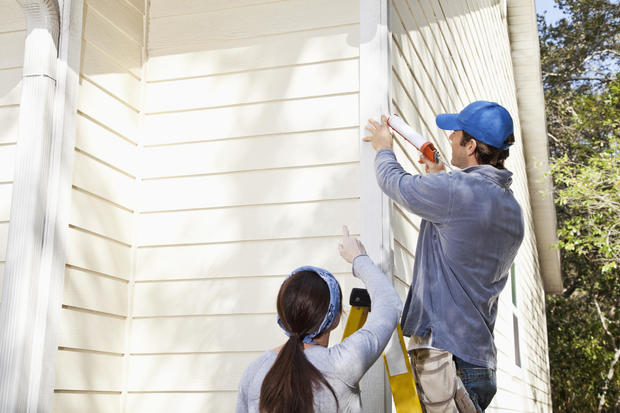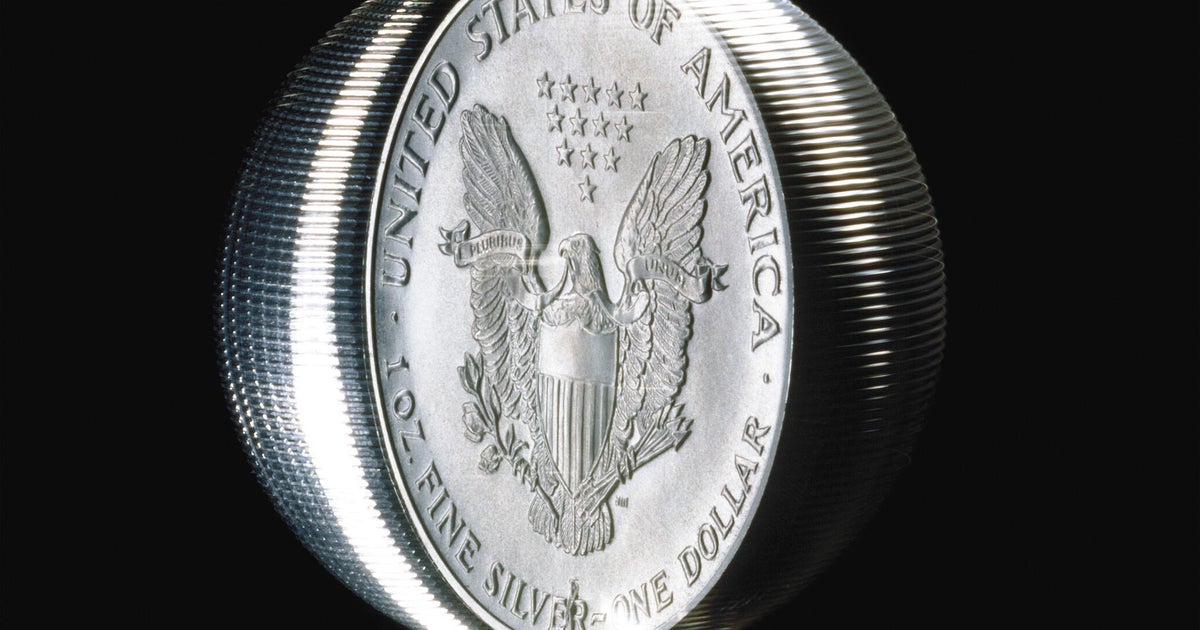3 times home equity is worth borrowing
In today's economy, with stable unemployment numbers but uneven stock market returns and the potential for a U.S. debt default, many Americans may be taking a closer look at their personal financial situation. Any new credit that is applied for or any money borrowed will need to be carefully weighed against the larger economic picture.
For homeowners, many of whom are staying in their current homes amid a high rate environment, home equity may be worth borrowing. By using a home equity loan or a home equity line of credit (HELOC), homeowners can finance major expenses, often at a lower interest rate than some traditional alternatives. That said, like any financial product or service, there are better times to borrow from your home equity than others. To maximize the benefits of this particular product, it's important to know when those times are.
Start exploring home equity loan options here now to see how much you could borrow.
3 times home equity is worth borrowing
When you want to complete a major home repair or improvement
Arguably the best time to borrow from your home equity is when you need money to finance a major home repair or improvement. This can include renovating a bathroom or kitchen or replacing a roof or siding. The possibilities are numerous. But the benefit of using your home equity for these specific projects is the tax deduction you can qualify for when it comes time to file your taxes.
"Interest on home equity loans and lines of credit are deductible only if the borrowed funds are used to buy, build, or substantially improve the taxpayer's home that secures the loan," the IRS says. "The loan must be secured by the taxpayer's main home or second home (qualified residence), and meet other requirements."
"Generally, you can deduct the home mortgage interest and points reported to you on Form 1098 on Schedule A (Form 1040), line 8a," the IRS says. "However, any interest showing in box 1 of Form 1098 from a home equity loan, or a line of credit or credit card loan secured by the property, is not deductible if the proceeds were not used to buy, build, or substantially improve a qualified home."
So, if you know you need the money to fix up your home, a home equity loan or HELOC may be the best route to take. Check your home equity borrowing options here now.
When the alternative has a higher interest rate
Interest rates on home equity loans and HELOCs have crept up in recent weeks along with interest rates on mortgages and mortgage refinancing. But you can still get a lower rate than you could with a credit card or personal loan. Credit card interest rates are around 20% currently. Personal loans are significantly lower but still tend to fall in the double-digit range. If you shop around for home equity loans, however, you can potentially secure a rate in the 7% to 8% range. That will make a big difference over the long term.
Just understand that when borrowing from home equity, your existing home is your collateral. If you fail to repay the loan you could risk losing your home. So make sure you can afford to pay it back before borrowing it. If you know you can, then complete an application. Chances are good that it'll be less expensive than a personal loan or credit card would be.
When your home price is high
Most lenders will limit the amount of home equity you can borrow, capping it at 80% to 85%. But if you're one of the fortunate homeowners who has seen their home price increase in recent months and years then you may have a substantial amount of equity to utilize.
For example, let's say you initially purchased your home for $500,000. You have since paid down the mortgage balance to $400,000. In the interim, your estimated home price has jumped to $600,000. In this case, you'd be considered to have $200,000 worth of equity ($100,000 you paid off + $100,000 in the higher home value). That means you could borrow $160,000 to $170,000. The higher your home value the more you can withdraw.
So, for example, if you're a homeowner in the Northeast who has seen their home prices increase dramatically, now may be a great time to borrow from your home equity.
The bottom line
Like any financial decision, the timing around borrowing your home equity is personal. What may work best for one person may not be as beneficial for another and vice versa. However, if you're at a point when you need money to finance a major home repair or improvement, it could be a good time to borrow from your home equity. Similarly, if your alternatives come saddled with high interest rates, or if your home price has skyrocketed recently, a home equity loan or HELOC may be the smarter financial move to make.




